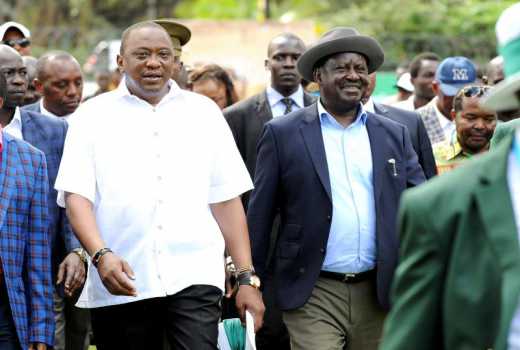×
The Standard e-Paper
Fearless, Trusted News

Miguna Miguna’s homecoming is certainly victory for democracy and the rule of law. Bundling a Kenyan into a flight while still in flip-flops wasn’t the best way to market brand Kenya as a bubbling, modern democracy.
His return is, therefore, slap on the face of executive fiat and a firm NO to the possibility of slipping back into the dark days of dictatorship.